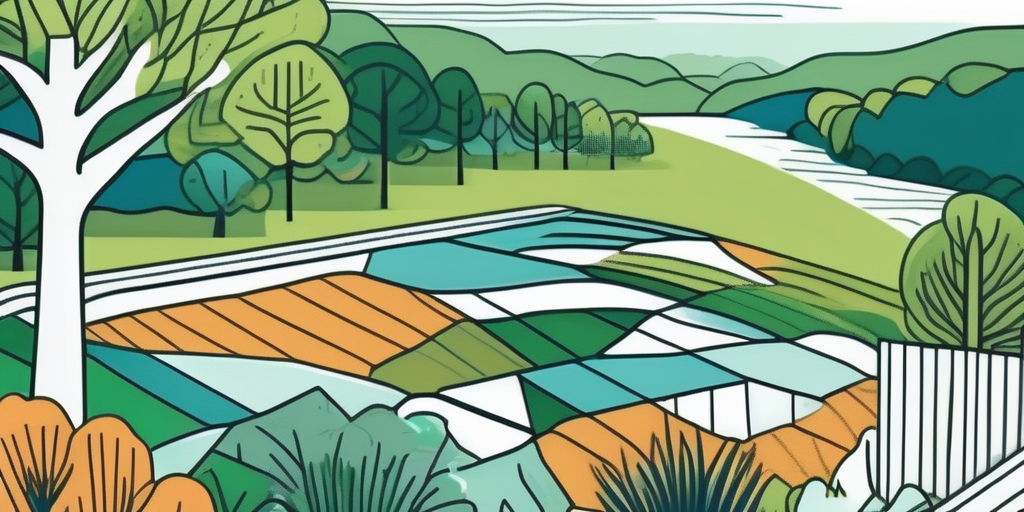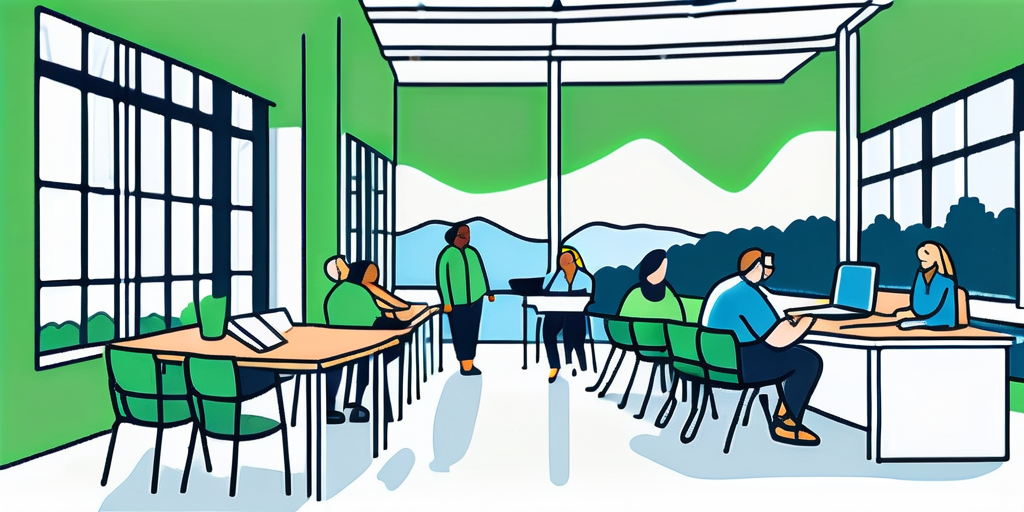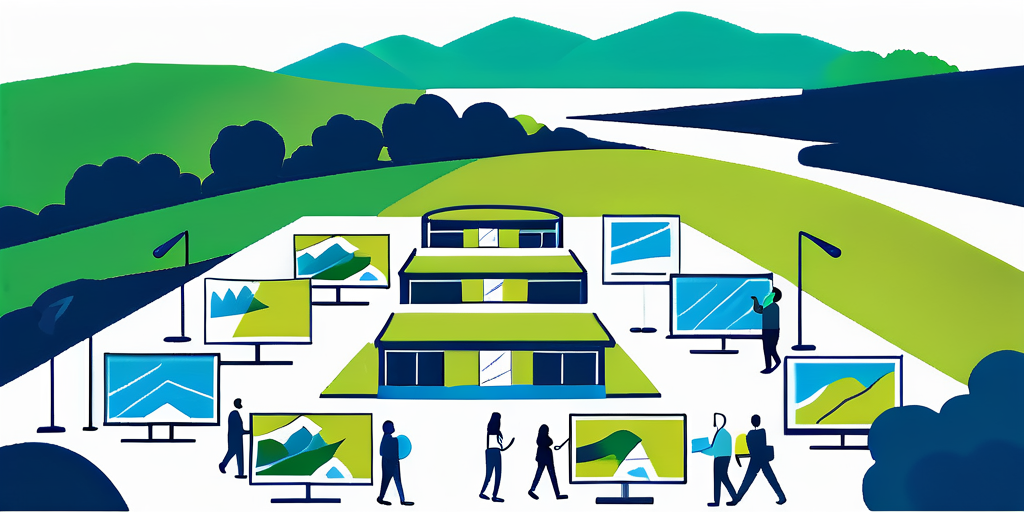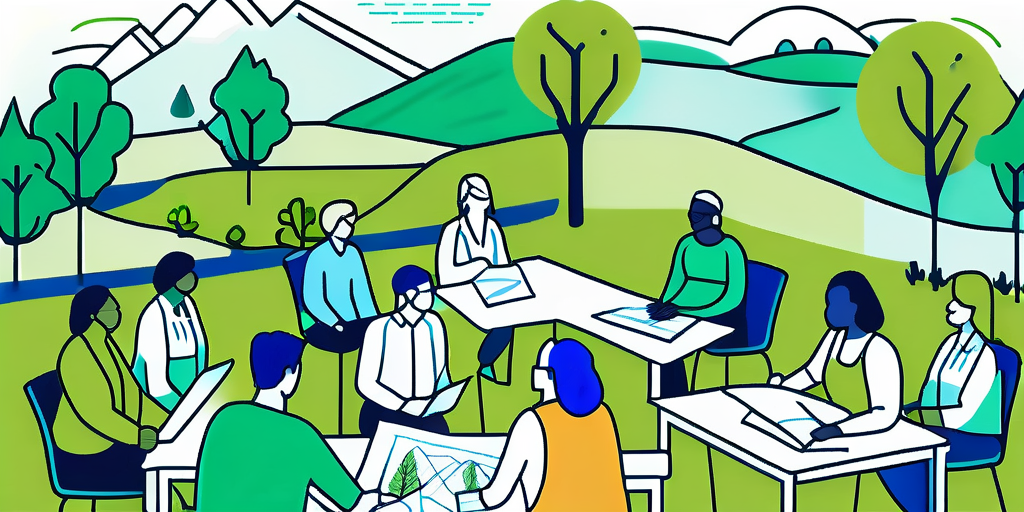
Educational workshops have emerged as vital tools in shaping communities. At Tennessee National, this dynamic approach to learning is not just about transferring knowledge; it's about building bonds, inspiring collaboration, and creating a lasting impact within the community. This article delves into the concept of educational workshops, their connection to community building, and the future of such initiatives at Tennessee National.
Educational workshops are interactive training sessions focused on enhancing participants’ knowledge and skills. Unlike traditional classes, workshops foster a hands-on approach to learning, allowing individuals to engage actively with the material and with each other.
An educational workshop typically involves a facilitator who guides participants through a structured, yet flexible, program. These sessions often include discussions, group activities, and practical exercises. The aim is to create an environment where attendees can learn from one another while also receiving guidance from an expert.
This collective learning setting encourages personal growth and ensures that knowledge shared is relevant to all participants. In essence, workshops transform passive learning into an engaging experience directed by participants’ interests and contributions. The dynamic nature of workshops also allows for real-time feedback, enabling participants to adjust their learning strategies on the fly and deepen their understanding of the subject matter.
Workshops play a crucial role in community development by promoting education that is accessible and relevant. They provide opportunities for skills enhancement, fostering self-confidence in participants.
Moreover, these workshops can address specific community needs, ensuring that the knowledge imparted is not only beneficial on an individual level but also contributes to the overall betterment of the community. As such, they form the backbone of a well-informed and engaged community. In addition to skill-building, workshops often create networks among participants, fostering relationships that can lead to collaborative projects and initiatives. This networking aspect can be particularly valuable in professional settings, where connections made during a workshop can open doors to future opportunities and partnerships.
Furthermore, educational workshops can be tailored to various demographics, catering to different age groups, professional backgrounds, and learning styles. This adaptability ensures that everyone, from students to seasoned professionals, can find value in the experience. By incorporating diverse teaching methods, such as visual aids, hands-on activities, and group discussions, workshops can accommodate a wide range of learning preferences, making education more inclusive and effective.
The interplay between educational workshops and community development is profound. Workshops do not just educate; they also serve as a platform for building relationships among participants. Through shared experiences, a sense of belonging is cultivated, weaving together the fabric of a community.

Shared learning experiences create memorable moments that forge connections. When community members come together to learn, they share not just knowledge but stories, experiences, and insights.
These interactions foster mutual respect and understanding, which are essential components of a cohesive community. The workshop setting breaks down barriers, encouraging participants to collaborate toward common goals. For instance, a workshop focused on local history may inspire attendees to share their family stories, enriching the collective narrative of the community. This exchange not only deepens individual connections but also strengthens the community's identity, as participants recognize their shared heritage and values.
Educational workshops inherently require social interaction. Whether participants are working on group projects or engaging in brainstorming sessions, they naturally communicate and collaborate with each other.
This social interaction is vital, especially in an era where digital communication often overtakes face-to-face encounters. Workshops provide the perfect avenue for individuals to connect, share ideas, and build a supportive network, enhancing community ties in the process. Additionally, the diversity of participants in these workshops can lead to innovative solutions and perspectives that might not emerge in more homogeneous settings. The exchange of different viewpoints encourages creative problem-solving and fosters a culture of inclusivity, where every voice is valued. As participants leave the workshop, they carry not only new skills but also a renewed sense of community ownership and pride, which can lead to further collaborative efforts beyond the workshop itself.
To harness the full potential of educational workshops, meticulous planning and organization are critical. At Tennessee National, careful consideration is given to the implementation of each workshop to ensure alignment with community needs and values.

The planning phase involves gathering input from community members to identify the pressing issues and topics of interest. This participatory approach not only ensures relevance but also fosters a sense of ownership among participants.
Once topics are finalized, the logistics of organizing the workshop come into play. This includes selecting the right venue, scheduling the event, and identifying facilitators who can inspire and engage participants. Additionally, the planning team often collaborates with local organizations and experts to enhance the quality of the workshops, ensuring that the facilitators bring both knowledge and practical experience to the table. This collaboration enriches the learning environment, making it more dynamic and interactive.
The topics for educational workshops at Tennessee National are chosen based on community input, ensuring each session addresses a real need or interest. Possible topics range from personal finance and health education to entrepreneurship and environmental sustainability.
This diversity in topics not only caters to various learning needs but also promotes inclusivity within the community, inviting individuals from different backgrounds to join in and learn together. Furthermore, the workshops are designed to incorporate hands-on activities and group discussions, which encourage participants to apply what they learn in real-life scenarios. By fostering a collaborative atmosphere, attendees can share their experiences and insights, enhancing the overall educational experience and building a stronger community network.
The impact of educational workshops at Tennessee National is both measurable and profound. They serve as catalysts for positive change and community cohesion by stimulating engagement and promoting collaboration among community members.

One of the most significant impacts of these workshops is the heightened level of community engagement. Participants leave the workshops feeling empowered and motivated to apply their new skills or knowledge in real-life situations.
This increase in engagement transforms community members from passive observers into active participants who are invested in the community's development. As individuals take on new roles and responsibilities, they often find themselves leading initiatives, organizing events, or volunteering their time and resources, thereby creating a vibrant tapestry of involvement that enriches the community fabric.
The process of learning together inevitably strengthens community bonds. Participants not only gain knowledge but also develop relationships built on shared goals and experiences. These connections create a supportive environment where community members feel valued and connected.
As knowledge is shared, individuals become more invested in their community, leading to collaborations that extend far beyond the workshops themselves. This ripple effect can result in long-term benefits for the entire community. For instance, participants may form study groups, mentorship programs, or even local advocacy teams that address specific community issues, fostering a culture of continuous learning and support. Furthermore, the exchange of ideas and resources often leads to innovative solutions to challenges faced by the community, reinforcing the notion that collective effort can yield remarkable outcomes.
Looking towards the future, the role of educational workshops at Tennessee National becomes increasingly significant. As societal needs evolve, so too must the offerings of these workshops to remain relevant and impactful.
The future promises an exciting array of potential workshop topics that can cater to the emerging needs of the community. Ideas include technological literacy, mental health awareness, and practical skills training tailored to industry needs.
Innovative themes can introduce new ideas and perspectives, further empowering community members to participate and lead initiatives that resonate with their interests. For instance, workshops on sustainable living practices could not only educate participants about environmental stewardship but also inspire them to take action within their households and neighborhoods. Additionally, topics such as financial literacy and entrepreneurship could equip individuals with the tools necessary to navigate the modern economy, fostering a spirit of innovation and self-sufficiency.
The long-term vision for educational workshops at Tennessee National centers around sustaining a culture of continuous learning and community connectivity. By nurturing an environment that values education, the community can fortify its bonds and address challenges collectively.
With ongoing collaboration and a commitment to educational excellence, the future of Tennessee National looks bright. Workshops can continue to evolve, nurturing not just informed individuals but a united community ready to face the future together. Furthermore, the integration of mentorship programs within these workshops could enhance personal development, allowing experienced community members to share their knowledge and skills with newcomers. This reciprocal exchange of wisdom not only enriches the learning experience but also strengthens intergenerational ties, creating a more cohesive and resilient community fabric.